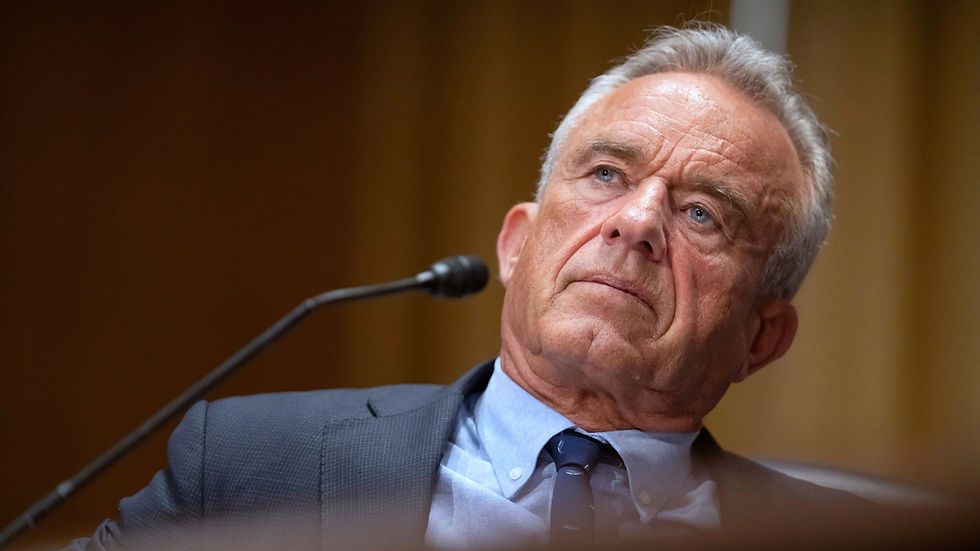When Evidence Becomes Optional: The Monarez-Kennedy Showdown Over Vaccine Policy
- Conner Bond
- Sep 15, 2025
- 3 min read

What do you do when public health guidance is expected before the science is in — and refusal gets you fired? That’s the stark choice Susan Monarez says she faced as CDC Director: either preapprove vaccine recommendations pushed by an advisory panel stocked with skeptics, or lose her job. This clash, she argues, marks a dangerous turning point in the intersection between health science and political power.
What Happened
Last week, Susan Monarez, recently ousted from her role at the Centers for Disease Control and Prevention, revealed that Health Secretary Robert F. Kennedy Jr. pressured her to “preapprove” vaccine recommendations before they were vetted. According to prepared testimony she’s set to deliver to the Senate HELP Committee, Kennedy allegedly issued an ultimatum: sign off on proposals from a controversial advisory panel in advance — or be fired. Monarez refused. She says she was fired for holding fast to scientific integrity. AP News
The advisory panel in question, which Kennedy helped staff, includes figures who question mainstream vaccine policies. They are expected to vote soon on updated recommendations for COVID-19, hepatitis B, and chickenpox vaccinations. Some members have raised concerns over whether the newborn hepatitis B shot is needed, and others believe COVID-19 vaccines should be more narrowly recommended. AP News
Kennedy has denied accusations that he seeks rubber-stamp approval of vaccine policy. But he has acknowledged ordering Monarez to fire other CDC officials, deepening scrutiny of how political pressure is influencing agency operations.
Why This Matters
At stake here is more than internal agency politics. Public trust in vaccine policy hinges on the belief that recommendations come from data, not politics. If people believe that vaccine guidelines are predetermined — decided before evidence is reviewed — trust may erode just when it’s needed most.
Vaccinations, especially for children, are fundamental public health tools. Altering the way those recommendations are vetted, or replacing evidence with political or ideological bias, invites uncertainty. That can lead to confusion among healthcare providers, hesitancy among parents, and harmful gaps in protection.
Furthermore, instability at a leading public health agency has ripple effects. When directors are replaced abruptly for refusing political pressure, staff morale, consistency of policy, and institutional credibility suffer. The CDC’s role is to be an anchor of science during health crises. But that role is threatened when internal coercion supplants open inquiry.
What to Watch Next
The Senate hearing: Monarez and former CDC Chief Medical Officer Debra Houry will testify. Their statements will shed light on the internal dynamics and whether there’s evidence of overreach.
The upcoming advisory panel vote: Will recommendations shift? Will new policies be endorsed before sufficient evidence is made public?
Reactions from the medical and scientific community: Scientists, doctors, and public health experts will likely respond strongly. Their voices may influence how the public perceives this moment.
Congressional oversight & legal constraints: Are there checks and balances to prevent political interference in scientific agencies?
Science isn’t just data — it’s process. It’s built on inquiry, evidence, peer review, and transparency. When any of those are bypassed, we don’t just risk bad policy — we risk trust itself. For CDC, for vaccine programs, and for all of us whose health depends on reliable, evidence-driven public health decisions, this is a moment that demands vigilance.
The Daily Siren will keep following this story: what is announced in the hearings, what the panel votes on, and how public health policy and trust shift in response. Stay tuned.




Comments